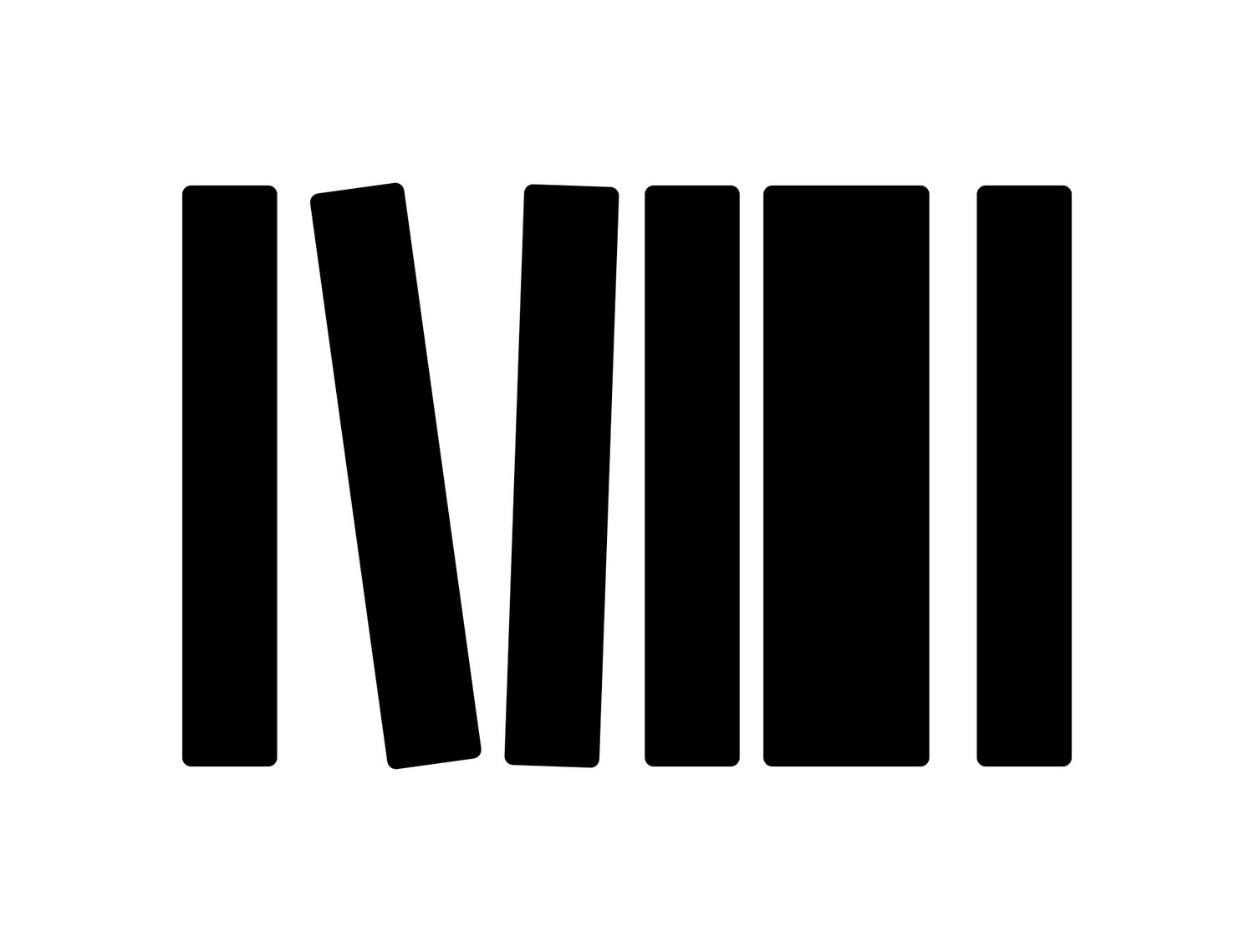protests broke out in harlem after a 15-year-old boy names James powell was killed by an off-duty police officer. photo by By Dick DeMarsico liscensed through Wikimedia Commons.
BY BEENISH AHMED
NOTE: The fatal shooting of a 15-year-old African American boy named by James Powell by an off-duty New York City police officer led to what the New York Times described as "an outburst of bottle and rock throwing, window smashing, and looting" -- not unlike the death of 25-year-old Freddie Gray last month in Baltimore.
In the 51 years between Powell's death and Gray's, the most obvious changes seem to be semantic ones. "Negroes" are now "African Americans," and "ghettos" are called "urban areas" or the "inner city." In 1964, the New York Times said "a riot grew out of a demonstration," which, it noted, "followed a rally." Now the paper discusses whether to deem the outcry over a seemingly innocent young man's brutal killing a "#Riot, #Uprising, or #Disturbance" — though why the hashtags are essential here is beyond me.
Still, I have to admit that I came to learn about James Powell in the most millennial of ways: a late-night Twitter frenzy and impulsive Google search. It was in November, on the night of the grand jury verdict in the case of Officer Darren Wilson, who was cleared of all charges related to the death of Michael Brown in Ferguson.
"First and foremost, we are a nation built on the rule of law," President Obama said in a televised statement after the decision came down. "And so we need to accept that this decision was the grand jury's to make. There are Americans who agree with it, and there are Americans who are deeply disappointed, even angry. It's an understandable reaction. But I join Michael's parents in asking anyone who protests this decision to do so peacefully."
That's when, back on Twitter, I came across a meme someone had made of a quote from James Baldwin, who wrote some of the most biting, powerful prose on race in the 20th century. It read:
This is why those pious calls to "respect the law," always to be heard from prominent citizens each time the ghetto explodes, are so obscene. The law is meant to be my servant and not my master, still less my torturer and my murderer. To respect the law, in the context in which the American Negro finds himself, is simply to surrender his self-respect.
I googled Baldwin's lines as Obama's statement droned on and found an essay he wrote in the Nation in July 1966.
The writer's words have haunted me ever since—not least because they have so often merited resurrecting amid months of stories so similar to that of James Powell's. They cried out, most recently, amid the unrest in Baltimore following the death of Freddie Gray.
Read the rest of this essay on VICE.com where it originally appeared.


